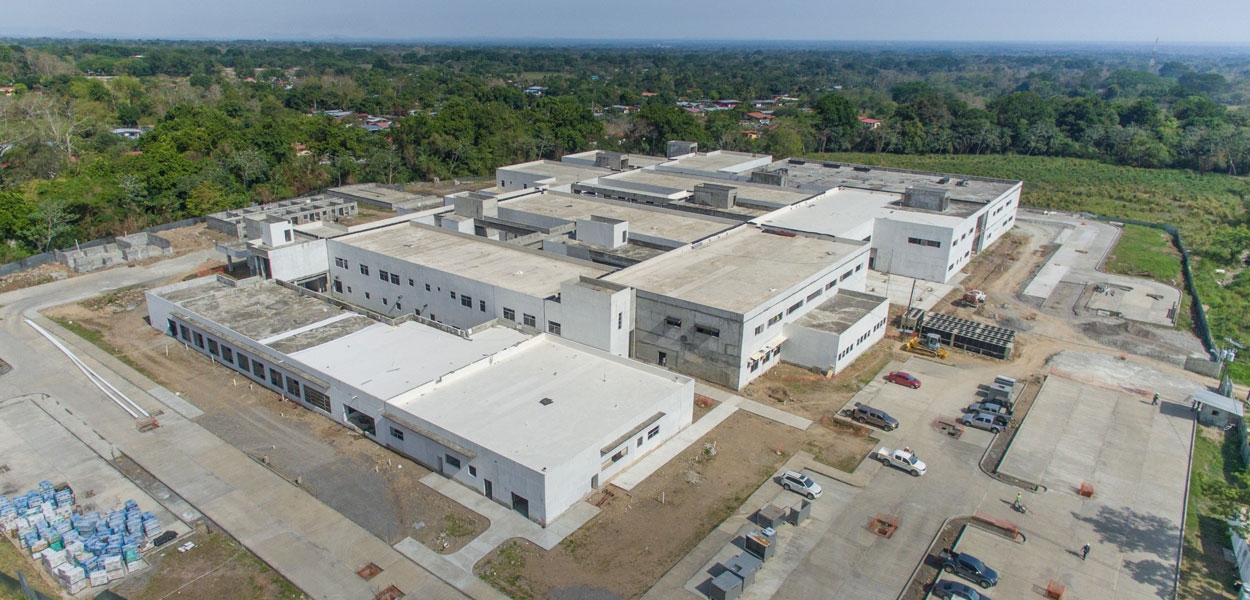Ricardo Martinelli Calls for an Investigation into the $70 Million Cost Overrun of the Bugaba Hospital Due to the Abandonment of the Project
Former President Ricardo Martinelli is advocating for an investigation into the $70 million overcharge that the Bugaba hospital, delivered this week,...

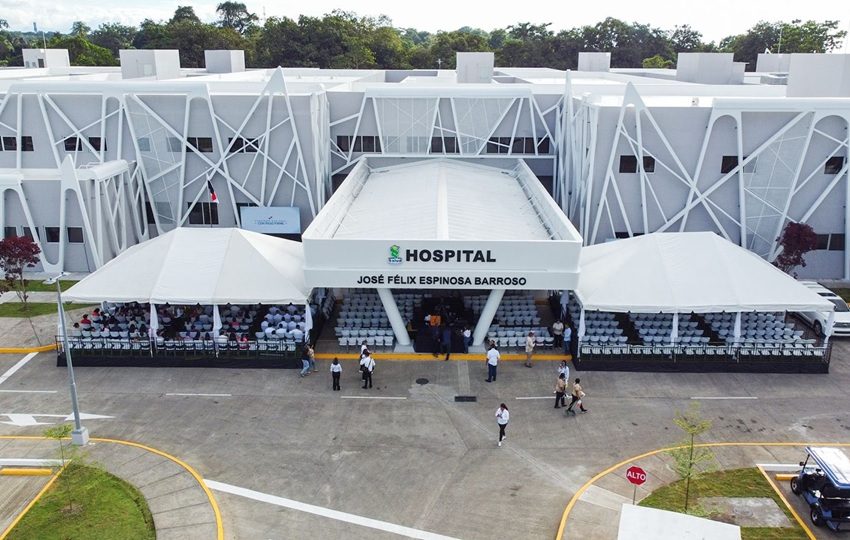 Ricardo Martinelli Calls for an Investigation into the $70 Million Cost Overrun of the Bugaba Hospital Due to the Abandonment of the Project
Ricardo Martinelli Calls for an Investigation into the $70 Million Cost Overrun of the Bugaba Hospital Due to the Abandonment of the Project 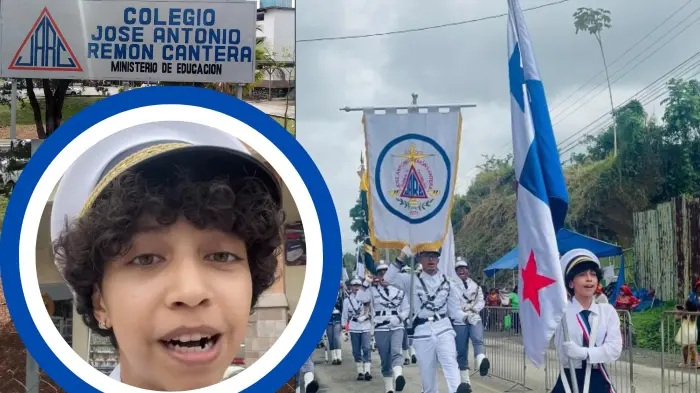 Foreign Student Manages to Carry the Panamanian Flag and Receives a Full Scholarship: From Veto to Honor!
Foreign Student Manages to Carry the Panamanian Flag and Receives a Full Scholarship: From Veto to Honor! 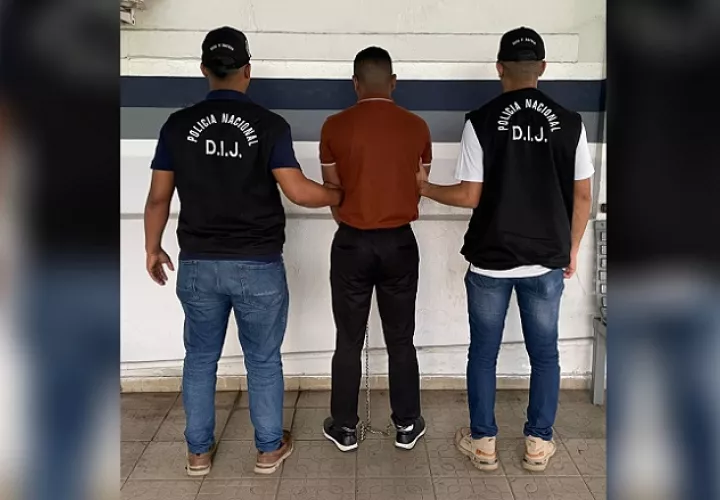 A Panama Telephone Employee was Keeping Money from Phone Card Sales and Got Caught
A Panama Telephone Employee was Keeping Money from Phone Card Sales and Got Caught 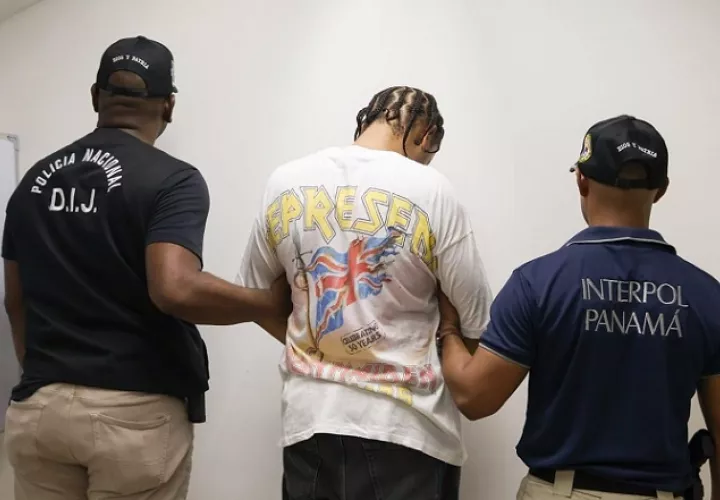 Foreigner Captured in Panama Wanted by Interpol for Money Laundering
Foreigner Captured in Panama Wanted by Interpol for Money Laundering 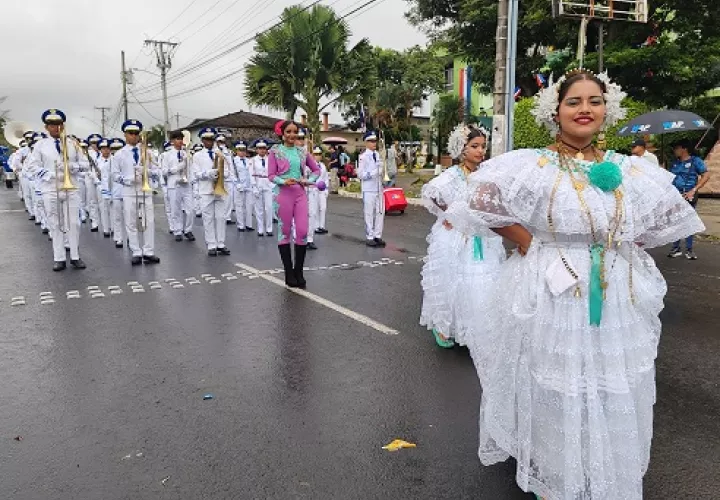 In Panama La Chorrera Celebrates Its Independence with a Parade Full of Pride
In Panama La Chorrera Celebrates Its Independence with a Parade Full of Pride 



